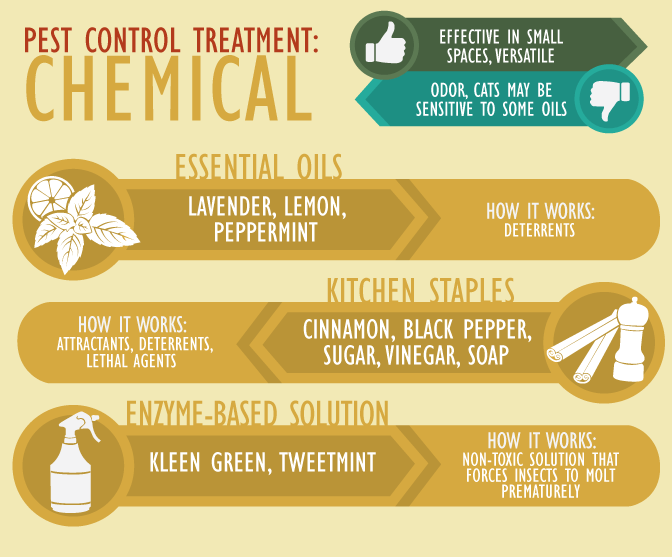Protecting Your Garden From Pests: Methods For A Pest-Free Outdoor Space
Protecting Your Garden From Pests: Methods For A Pest-Free Outdoor Space
Blog Article
Material Writer-Walters Espersen
Picture your garden as a sanctuary, an area of harmony and elegance. Nevertheless, the visibility of outdoor parasites can rapidly interrupt this ideal image. What happens if there were basic yet effective methods to maintain these unwanted visitors at bay and safeguard your yard sanctuary? By adhering to a few useful pointers and implementing natural approaches, you can produce an unified outside room where your plants can flourish uninterrupted.
Natural Pest Deterrents
To maintain pests far from your yard naturally, plant fragrant herbs like mint and lavender. These aromatic plants not only include appeal to your garden but additionally work as reliable pest deterrents. Pests like mosquitoes, flies, and even some garden-damaging pests are warded off by the strong aromas released by these herbs. Just placing them strategically around your yard can aid develop an all-natural obstacle versus unwanted parasites.
In addition to mint and lavender, think about growing various other natural herbs like rosemary, basil, and lemongrass to further enhance your yard's pest-proofing capacities. These herbs not just act as all-natural repellents however additionally have actually the included benefit of being useful in food preparation or crafting home made treatments.
Strategic Plant Placement
Take into consideration the format of your garden and the types of plants you have to purposefully place them for maximum pest-proofing performance.
Start by grouping https://villagerpublishing.com/denver-zoo-to-rescue-animals-from-closed-zoo-in-puerto-rico/ with comparable resistance to parasites with each other. By doing this, you can produce a natural obstacle that hinders parasites from spreading throughout your yard.
In addition, putting pest-repelling plants like marigolds, lavender, or mint near even more vulnerable plants can assist shield them. Tall plants, such as sunflowers or corn, can work as a guard for much shorter plants against bugs like bunnies or ground-dwelling pests.
Remember to leave sufficient area between plants to improve air circulation and minimize the threat of conditions that pests may bring.
Moreover, think about planting strong-smelling natural herbs like rosemary or basil near prone plants to perplex parasites' senses and make it harder for them to locate their targets.
Effective Pest Control Methods
For combating garden bugs efficiently, carrying out a multi-faceted pest control strategy is vital. Begin by urging all-natural predators like birds, ladybugs, and praying mantises to assist keep bug populaces in check. Presenting plants that bring in these useful pests can help in parasite control. Additionally, exercising excellent garden health by getting rid of debris and weeds where pests could conceal can make your yard less friendly to unwanted visitors.
Think about using physical obstacles such as row cover textiles or netting to shield susceptible plants from insects like caterpillars and birds. Applying natural pesticides like neem oil or insecticidal soap can additionally be effective against certain parasites while being less damaging to helpful pests and the setting. It's crucial to turn your crops each period to avoid the accumulation of bug populations that target certain plants.
Routinely evaluate flea pesticide for home for signs of parasite damages so you can take action without delay. By integrating these approaches and staying cautious, you can properly manage garden pests and take pleasure in a flourishing, pest-free yard.
Final thought
So, there you have it - with the best strategies, you can maintain pesky outside parasites far from your yard and assist your plants flourish.
Did you recognize that growing mint has been revealed to repel insects and other pests, reducing the requirement for unsafe chemicals by up to 60%?
By integrating natural deterrents and wise planting techniques, you can create a beautiful and pest-resistant yard sanctuary for you to enjoy.
